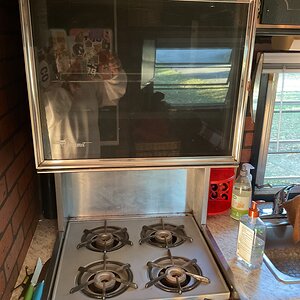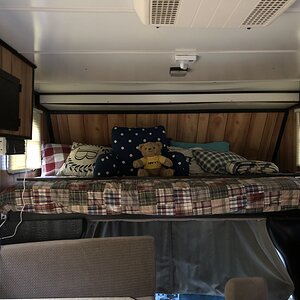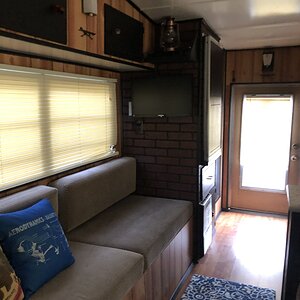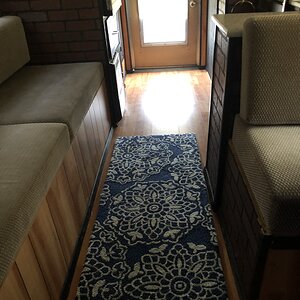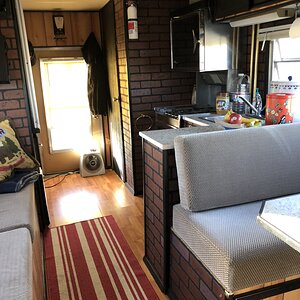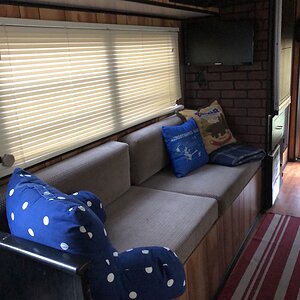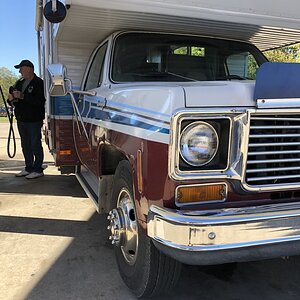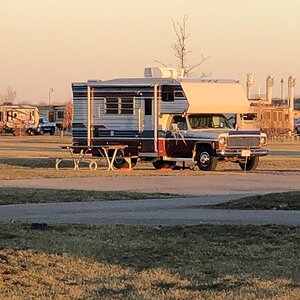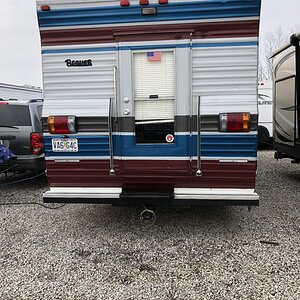newmarokie
RVF Supporter
- Joined
- Oct 8, 2023
- Messages
- 143
- Location
- southern oklahoma
- RV Year
- 2019
- RV Make
- newmar
- RV Model
- Dutch Star 4018
- RV Length
- 40'
- Chassis
- Freightliner
- Engine
- 450 hp Cummins
- TOW/TOAD
- 3017 Colorado
- Fulltimer
- No
I have been kicking around the idea of installing 5-600 watts of solar panels. I know I will have to do some measuring and layout planning. A couple of questions: 1) If I go 600, what would be required to convert down to 12v if I put 6 100 watt panels and wire them 2s3p? 2)I am thinking in terms of keeping the batteries charged while traveling and mild weather boondocking. Is 5-600 watts adequate? And 3) Is anyone familiar with Renogy's 100 watt panel? Are they a decent quality panel?


